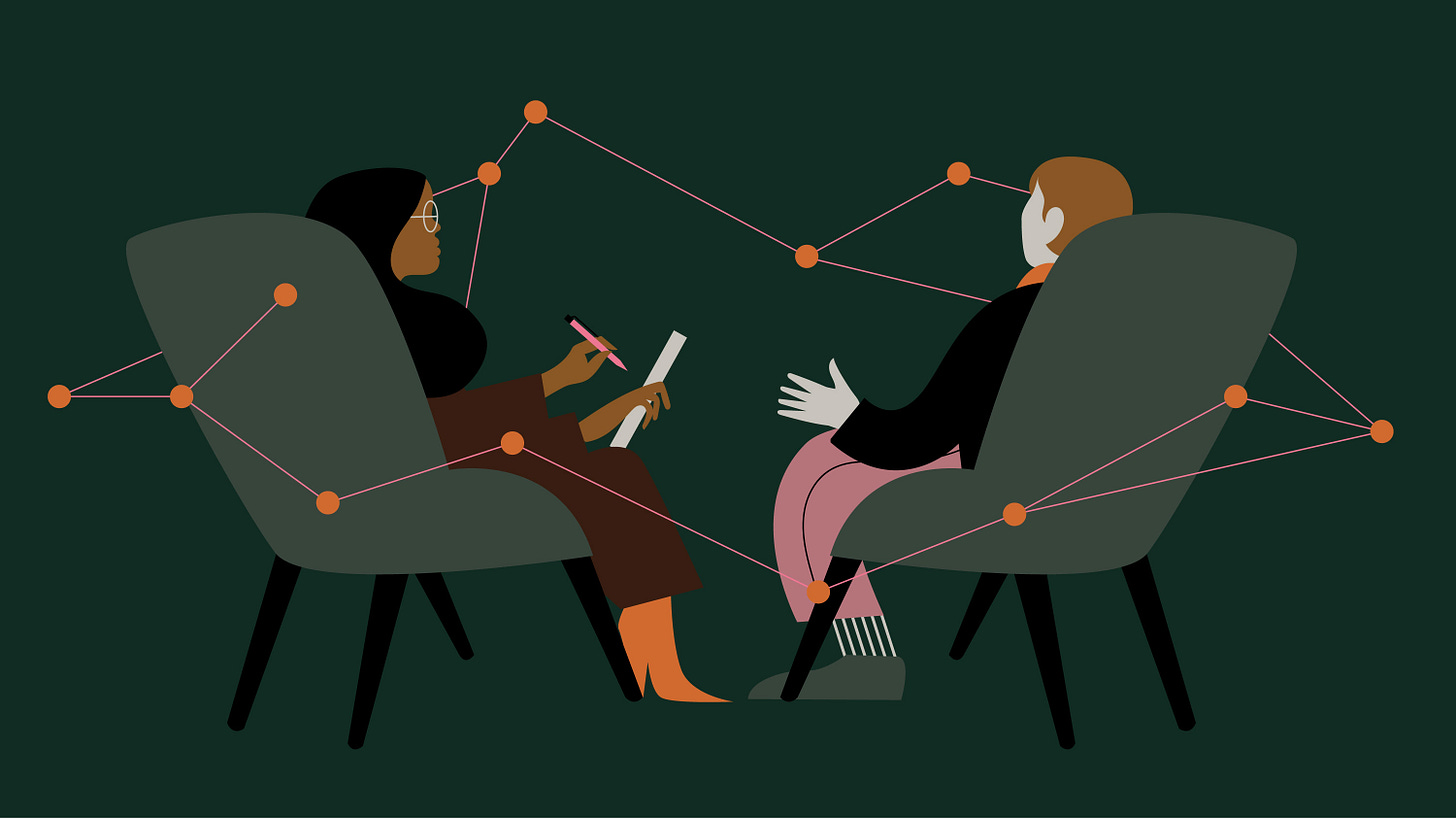FocusAI - Edition #84
#TinyDefectNet #China #Picsellia #Gubru
Focus AI, the latest AI news in just 3 minutes.
Edition #84 - December 10th 2021
If you like FocusAI, share the word:
🦣 DeepMind tests the limits of large AI language systems with 280-billion-parameter model
DeepMind, which regularly feeds its work into Google products, has probed the capabilities of this LLMs by building a language model with 280 billion parameters named Gopher. Parameters are a quick measure of a language’s models size and complexity, meaning that Gopher is larger than OpenAI’s GPT-3 (175 billion parameters) but not as big as some more experimental systems, like Microsoft and Nvidia’s Megatron model (530 billion parameters).
🇨🇦 AI will help Canada minimize the risks of pathogens in industrial and commercial water systems
Investment supports BioAlert Solutions, a growing Canadian cleantech company, and will help Canada minimize the risks of pathogens in industrial and commercial water systems.
🧬 GeoMol: New deep learning model to predict the 3D shapes of a molecule
MIT researchers are using machine learning to creat a deep learning model that predicts the 3D shapes of a molecule solely based on a graph in 2D of its molecular structure. GeoMol could help pharmaceutical companies accelerate the drug discovery process by narrowing down the number of molecules they need to test in lab experiments.
🏢 New University-wide institute to integrate natural, artificial intelligence
Harvard University launched the Kempner Institute for the Study of Natural and Artificial Intelligence, a new initiative standing at the intersection of neuroscience and artificial intelligence.
🚴♀️ Helbiz Launches Best-in-Class AI Helmet Selfie Feature To Encourage Safe Riding
Helbiz will ask users to take a selfie of themselves wearing a helmet in order to unlock and ride an e-scooter or earn an incentive. Helmets will be attached to each scooter for added convenience and accessibility and will also be available for free online.
🧠👩⚕️ The therapists using AI to make therapy better
The idea is to use natural-language processing (NLP) to identify which parts of a conversation between therapist and client—which types of utterance and exchange—seem to be most effective at treating different disorders. The aim is to give therapists better insight into what they do.
🏭 Spotting factory defects using a highly efficient neural net
The team built TinyDefectNet, a neural net optimized for the peculiarities of factory deployments - small datasets, highly constrained operational requirements, fast inference. The model was "produced via machine-driven design exploration, possesses a shallow architecture with heterogeneous, lightweight micro- and macro-architecture traits that are well-suited for high-throughput inspection scenarios".
TinyDefectNet gets similar performance to a ResNet-50 baseline, but with 56X fewer parameters, 11X fewer FLOPs, and 7.6X faster inference speed.
🇨🇳 Chinese province targets journalists, foreign students with planned new surveillance system
Security officials in one of China's largest provinces have commissioned a surveillance system they say they want to use to track journalists and international students among other "suspicious people", documents reviewed by Reuters showed.
🔫 Crime Prediction Software Disproportionately Targeted Low-Income, Black, and Latino Neighborhoods
Geolitica, a service that forecasts where crimes will occur, disproportionately targeted Black, Latino, and low-income populations, according to an analysis of leaked internal data by Gizmodo and The Markup. The reporters found the data on an unsecured police website. Geolitica, formerly called PredPol, changed its name in March.
🌈 Corporate Ethics Counterbalance
One year after her acrimonious exit from Google, ethics researcher Timnit Gebru launched an independent institute to study neglected issues in AI.
The Distributed Artificial Intelligence Research Institute (DAIR) is devoted to countering the influence of large tech companies on the research, development, and deployment of AI. The organization is funded by $3 million in grants from the Ford Foundation, MacArthur Foundation, Kapor Center, and Open Society Foundation.
🇫🇷 French touch
🧪 Le Centre de l’IA pour les sciences et des sciences pour l’IA lancé par le CNRS
Fin novembre, le CNRS a officiellement lancé son Centre de l’IA pour les sciences et des sciences pour l’IA. La création de ce centre pluridisciplinaire avait été proposée lors du contrat d’objectifs et de performance 2019-2023 (COP) signé avec l’État. Unique au niveau européen, ce centre sera un espace de rencontres où chercheurs et chercheuses de toutes disciplines pourront s’attaquer à de grands défis scientifiques.
🖼️ Picsellia, le DIY de l’IA dédiée au traitement d’images
Depuis deux ans, la jeune pousse toulousaine Picsellia permet aux entreprises de développer des modèles d’intelligence artificielle dédiés au traitement d’images. Forts d’une nouvelle levée de fonds, ses co-fondateurs reviennent sur l’actualité de la start-up et évoquent ses objectifs à court et moyen termes.
A big thanks to our sources: https://jack-clark.net/, https://www.actuia.com/, https://thevariable.com/news/, https://techcrunch.com/, https://read.deeplearning.ai/the-batch/
#TinyDefectNet #China #Picsellia #Gubru
What about you? Have you noticed something else?
Don’t miss the next news!
Have a good week-end,
Verónica 🐕 , Maxime 🙃 from Toulouse, France with 🌺











